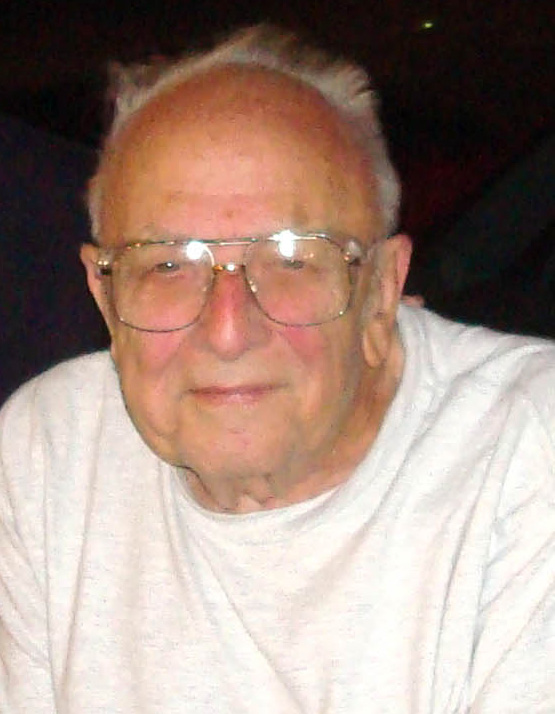A record bequest realized at Virginia Tech

Virginia Tech’s departments of mechanical and chemical engineering will benefit from the largest single bequest ever realized by the university – more than $17 million from the estate of Robert “Bobby” Hord, of Richmond, an alumnus who passed away in December 2010.
Both departments Hord chose to support will establish a professorship and a scholarship in his name.
“His gift creates four endowed funds,” said Richard Benson, the Paul and Dorothea Torgersen Chair and dean of the College of Engineering. “Two of them will help students now and long into the future. The other two will help us continue to recruit and retain world-class members of our faculty.”
Hord was born in 1920 and grew up in the state capital. He enrolled as a member of the Class of 1941 at what was then Virginia Polytechnic Institute, served in World War II, and earned his bachelor’s in mechanical engineering in 1949. He added a master’s in power and fuel engineering a year later, worked in the railroad industry, and was a tremendously successful personal investor.
During his career, Hord worked in the mechanical department of the Norfolk and Western Railway before leaving to work for the Norfolk, Franklin, and Danville Railway, said Robin Chapman, a spokesman for Norfolk Southern Corp., which now operates at least part of both railways.
The money Hord donated “all came from investments, in essence over a 40 to 50 year period,” said Colin Campbell, who was Hord’s financial advisor and investment manager for much of that time. “He was a great investment researcher and a very brilliant individual.”
Hord “didn’t believe in spending money for things he didn’t need,” and lived modestly in the home in which he was raised, but he was passionate about investing, with a mind toward making a major contribution to his alma mater, said Judy Godsey, the trustee of Hord’s estate.
“He loved Virginia Tech because he credited it with making him as knowledgeable as he was about so many different things, especially engineering,” she said.
Hord’s intelligence and broad knowledge on a variety of subjects made a lasting impression on many of his friends.
“Using the word brilliant to describe him wouldn’t be overstating it,” said Ed Burkhardt, who met Hord in the mid-1960s while both worked for Norfolk and Western, and is now president of Rail World Inc., of Chicago, Ill., a railroad management and consulting company. “He was also one of the most independent guys you could ever meet. He could be seen as a curmudgeon, especially as he got older, but he was a lovable guy.”
Burkhardt said Hord had an extraordinary talent for picking stocks – particularly ones from smaller, technology-related companies.
“He’d see something about a company and at the drop of a hat he’d pick up the phone and call the president of that company and ask 100 questions about what they were doing. He was very forward when he wanted to find out something.”
Hord was not shy about calling up giant companies with questions either.
Thomas Gerbracht of Erie, Pa., fielded a call from Hord more than a dozen years ago while working in marketing at General Electric. They developed a friendship, and continued to have regular conversations long after Gerbracht retired.
“I’m of the opinion that he was one of the most intelligent people with whom I have ever spoken,” Gerbracht said. “He was just an extremely interesting guy.”




